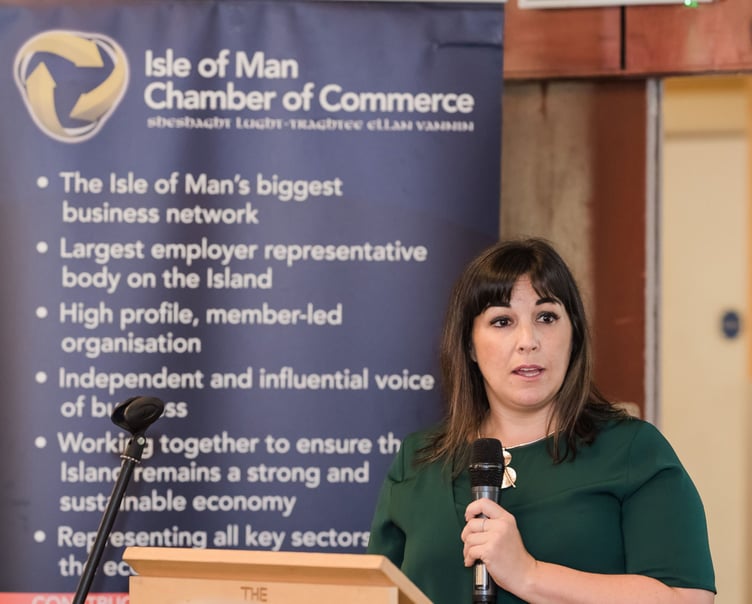The Isle of Man Chamber of Commerce has called for urgent reform of the island’s wage-setting framework, warning that current methods risk distorting pay policy, widening inequalities, and placing unsustainable pressure on local businesses.
The move follows Tynwald’s recent approval of a new approach that links the minimum wage to median earnings. While the Chamber welcomed this development as a step toward a more consistent and evidence-based system, it said the impact of the policy would depend heavily on how the median is calculated and applied.
In a statement, the Chamber cited new data released by the Cabinet Office (Hansard W-202501-1645, 26 June 2025) which showed a significant and growing disparity between public and private sector pay. On average, public sector employees now earn £196 more per week than their private sector counterparts – a difference of 28%. When employer pension contributions are included, the gap rises to £386.20 per week, equating to a 55% difference in total weekly reward.
Chamber CEO Rebecca George said: ‘These figures highlight the urgent need to rethink how we set wage benchmarks. While the principle of linking minimum pay to median earnings is sound, using a combined public-private figure inflates benchmarks beyond what most employers in the private sector can afford.’
The Chamber says that analysis it conducted and published online last month shows that public sector median earnings on the Island are estimated to be 15% higher than UK equivalents. Over the last five years, the Isle of Man Government’s payroll has increased by £163 million, with the largest rises recorded in administrative roles.
The Chamber warns that using a combined public-private sector median to set statutory wage levels risks artificially inflating pay expectations, especially in lower-margin industries such as hospitality, retail, and care. It also cautions that this approach could distort measures of poverty and lead to the development of policies that do not reflect the financial realities faced by most private sector workers and employers.
In response, the Chamber is urging policymakers to base wage benchmarks solely on private sector earnings, which it believes better reflect the income levels of the majority of the Island’s workforce. It is also recommending the creation of a dedicated wage index specifically for statutory pay-setting, designed to ensure future increases are proportionate and economically sustainable.
Additionally, the Chamber wants to see an independent review of pay structures across both sectors, including pensions, job types, and cost-of-living pressures. It is also calling for deeper consultation with private sector employers in the development of wage and welfare policy, and for practical measures to be put in place to protect job viability across all sectors of the economy.
Ms George added: ‘Chamber supports the principle of fair pay, but we must base policies on economic reality, not distorted benchmarks. If left unchecked, this imbalance will damage private sector competitiveness and harm the island’s long-term economic resilience.’
The Chamber said it intends to continue working with government to support the implementation of reforms that are fair, transparent, and economically viable for all sectors.



.jpeg?width=209&height=140&crop=209:145,smart&quality=75)
